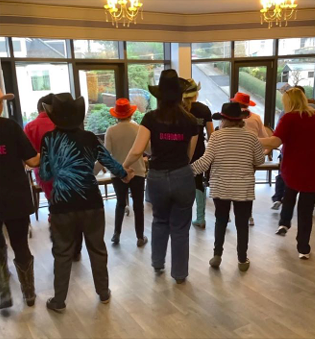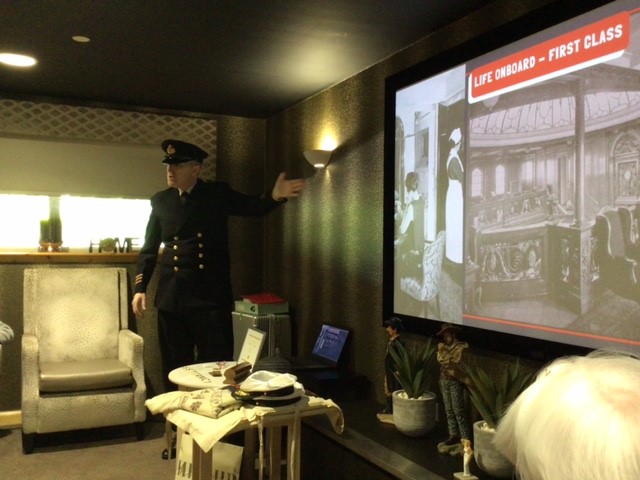What is Person Centred Care in a Care Home?

When someone moves into a care home, they bring more than just their belongings. They bring their life story, their favourite routines, and the small details that make them who they are. Person centred care recognises and respects all of this. It ensures residents are treated as individuals first, with care shaped around their unique needs, preferences, and lifestyle.
This approach is more than a method of care. It is a philosophy that ensures every resident feels valued, listened to, and supported to live in a way that matters most to them.
Understanding Person Centred Care
Person centred care places the resident at the heart of every decision. Instead of following the same routine for everyone, care teams adapt to each person’s wishes, abilities, and interests. This might mean offering flexible mealtimes, supporting a favourite hobby, or creating a daily routine that feels familiar and comfortable.
It applies across all forms of care including residential, nursing, respite, and dementia support. The aim is always to make each resident’s experience personal and meaningful.
Why Person Centred Care Matters
A care home is more than a place to receive support. It is somewhere residents should feel safe, respected, and part of a community. Person centred care makes this possible by focusing on the whole person rather than just their care needs.
Two residents may have the same medical condition but very different lifestyles. One may enjoy socialising in the lounge or taking part in group activities while the other prefers peaceful time in the gardens. Person centred care ensures both can live comfortably and in a way that reflects their own personality.


Key Principles of Person Centred Care
Although every resident’s care will be different, there are guiding principles that remain the same:
- Respect and dignity – valuing each resident as a unique individual
- Choice and control – enabling residents to make decisions about their care and daily life
- Personalisation – tailoring support to each person’s history, preferences, and needs
- Collaboration – involving residents and their families in planning and reviewing care
- Holistic approach – supporting physical, emotional, and social well-being
How Person Centred Care Works in Practice
The process begins with a thorough assessment to understand a resident’s health, personal preferences, and daily living requirements. This information forms a personalised care plan, which is reviewed regularly to reflect any changes.
In daily life, person centred care might mean making sure someone can enjoy a favourite hobby, spend time in our relaxation rooms, or share a meal from our dining menu at the time that suits them best.
Benefits for Residents
When care is tailored to the individual, residents often experience:
- Greater independence, with support only where it is needed
- Improved mental well-being through being understood and respected
- Stronger connections with staff and other residents
- A better quality of life with more fulfilling and meaningful days
Activities and Engagement
Meaningful activities are an essential part of person-centred care. They are chosen for their ability to support physical health, mental stimulation, and social interaction.
In care homes, this may include:
- Gentle exercise to improve mobility
- Arts and crafts to encourage creativity and expression
- Reminiscence sessions for residents living with dementia
- Gardening for those who enjoy being outdoors
- Group games that build community and friendship
By tailoring activities to each resident’s interests and abilities, care homes help create a sense of purpose and belonging.
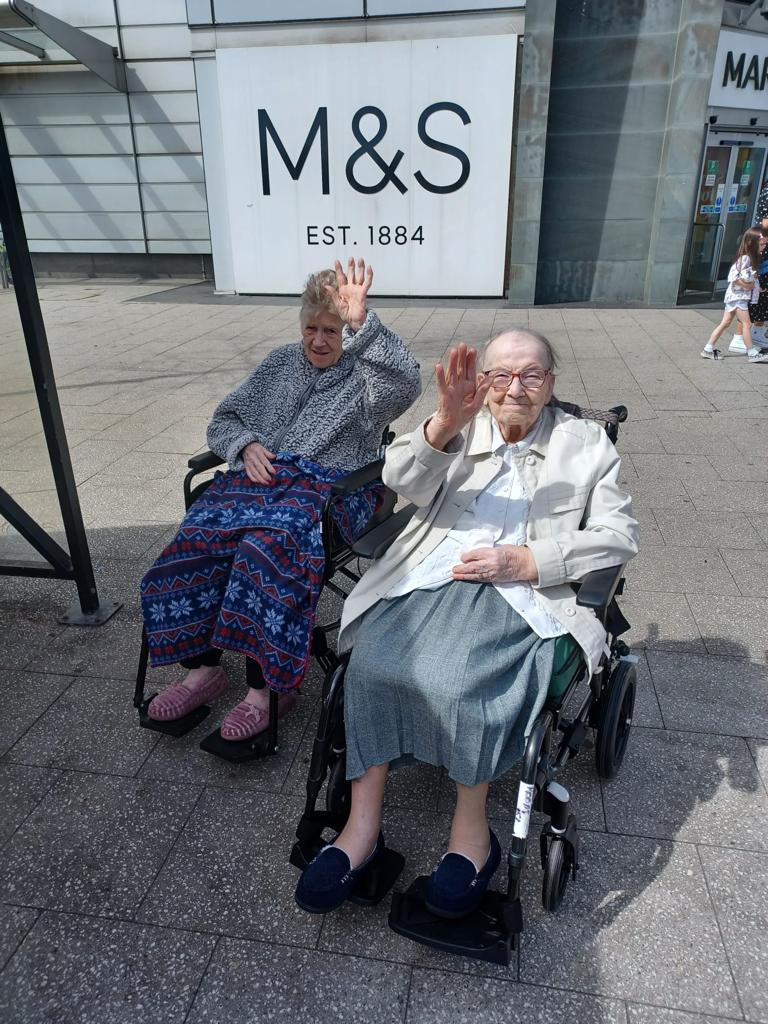
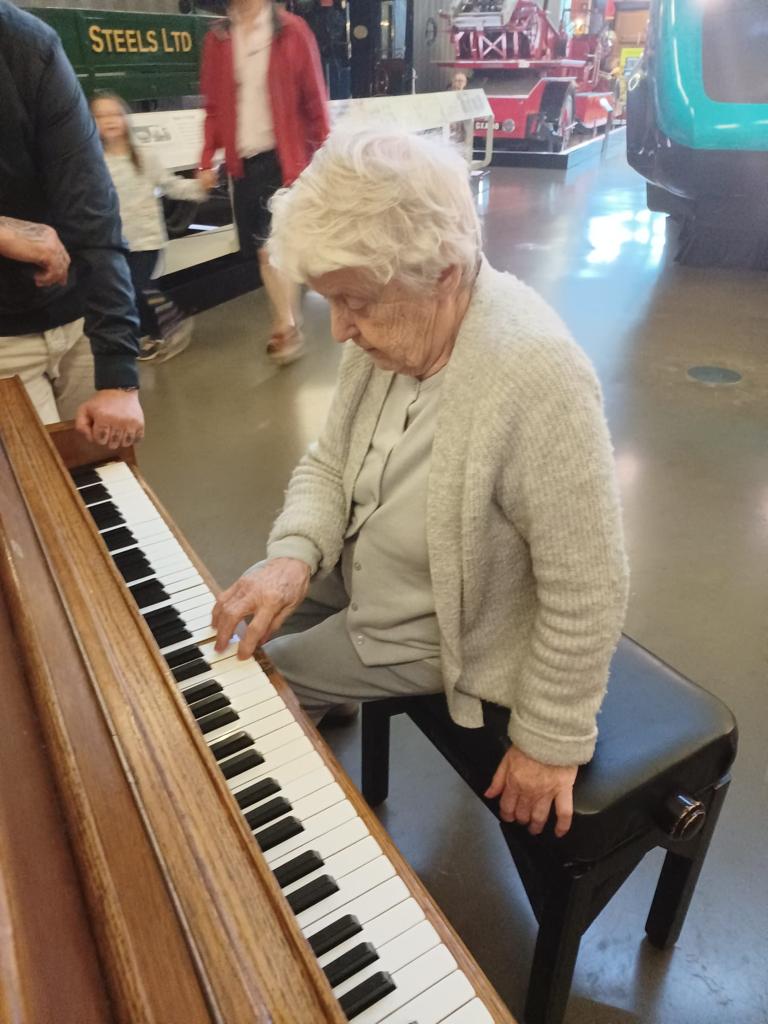
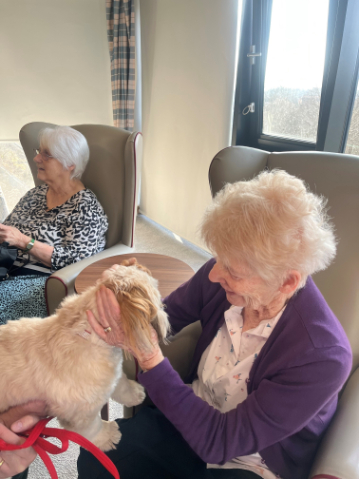
Supporting Different Types of Care
Person centred care is equally important in residential, nursing, respite, and dementia care. In residential care, it often focuses on social engagement and daily living. In nursing care, it works alongside clinical support to ensure comfort and dignity. For respite care, it ensures that short stays feel welcoming and supportive from the very first day. In dementia care, it provides familiarity, reassurance, and moments of connection.
The Role of Families
Family members play an important part in person centred care. They can share valuable insights about a resident’s history, preferences, and routines. This helps care teams provide truly personalised support and maintain consistency even if needs change.
Regular communication between families and staff strengthens trust and ensures residents feel supported both inside and outside the care home.
Experience Person Centred Care at Westerton
If you are exploring care homes for yourself or a loved one, making sure they offer person centred care should be a priority. It ensures care is not only professional but also personal and meaningful.
At Westerton Care Home in Bearsden, we deliver person centred care across residential, nursing, respite, and dementia support. Our residents enjoy the comfort of our gardens, the variety of our activities programme, the creativity of our arts and crafts, and the calm of our relaxation rooms. If you would like to see our approach in action, speak to our friendly team and arrange a visit.

